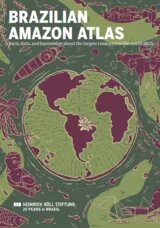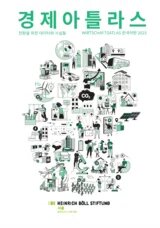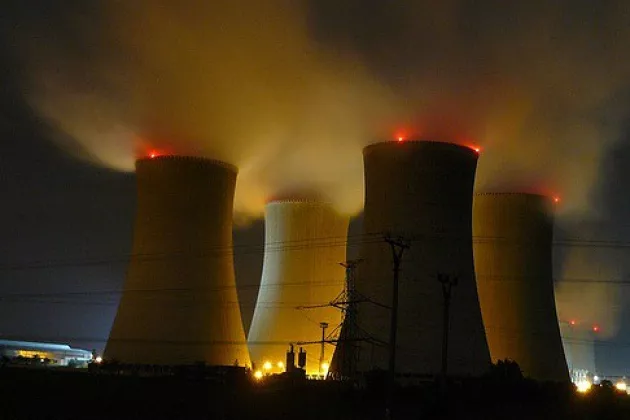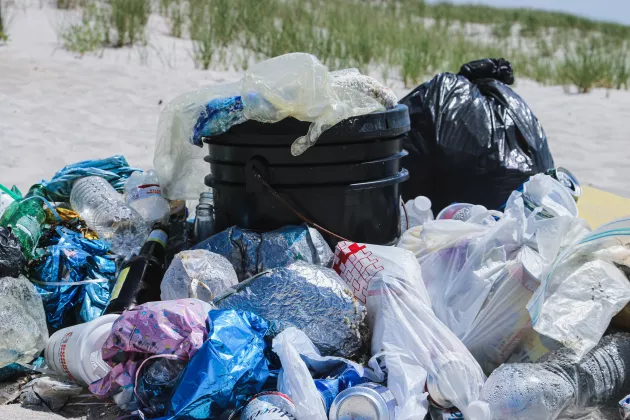Ecology

Across East Asia, our societies stand at a crossroads. As we confront the accelerating impacts of the climate and biodiversity crises, the choices we make now will shape not only the region's future, but also global pathways toward sustainability, justice, and resilience.
Our Ecology Programme supports critical dialogue, transnational cooperation, and transformative action to advance a just and sustainable future. We address urgent challenges such as phasing out fossil fuels, conserving ecosystems, ensuring fair climate finance, and reimagining the use of land, cities, and technologies. Our focus includes:
Energy Transition
We promote the phase-out of coal and gas, challenge false solutions like biomass and blue hydrogen, and support the acceleration of renewable energy across East Asia. At the same time, we foster critical debates on the region's nuclear revival and advocate for inclusive energy governance that avoids stranded assets and greenwashing.
Spatial Planning
Cities, land, and oceans must be managed with both climate and ecological integrity in mind. We explore strategies to decarbonize transport and buildings, preserve biodiversity, and ensure that land and ocean use—from forests to offshore wind farms—balances human needs with ecological limits.
Climate Fair Sharing
We scrutinize public and private financial flows—both harmful (fossil fuel finance) and promising (e.g., the Green Climate Fund and the Fund for Responding to Loss and Damage)—to ensure they uphold climate justice. We also monitor national climate commitments and advocate for more ambitious and rights-based pathways, inspired by international legal rulings and climate litigation efforts.
We believe that East Asian citizens—young people, activists, researchers, urban planners, energy experts, artists, farmers, and many more—are vital agents of change. Through capacity building, convening, and knowledge exchange, we aim to empower diverse actors to shape inclusive, forward-looking climate and ecological solutions in their communities and beyond.
Join us as we work to ensure that climate action in East Asia is not only fast and bold—but also fair, participatory, and ecologically sound.







